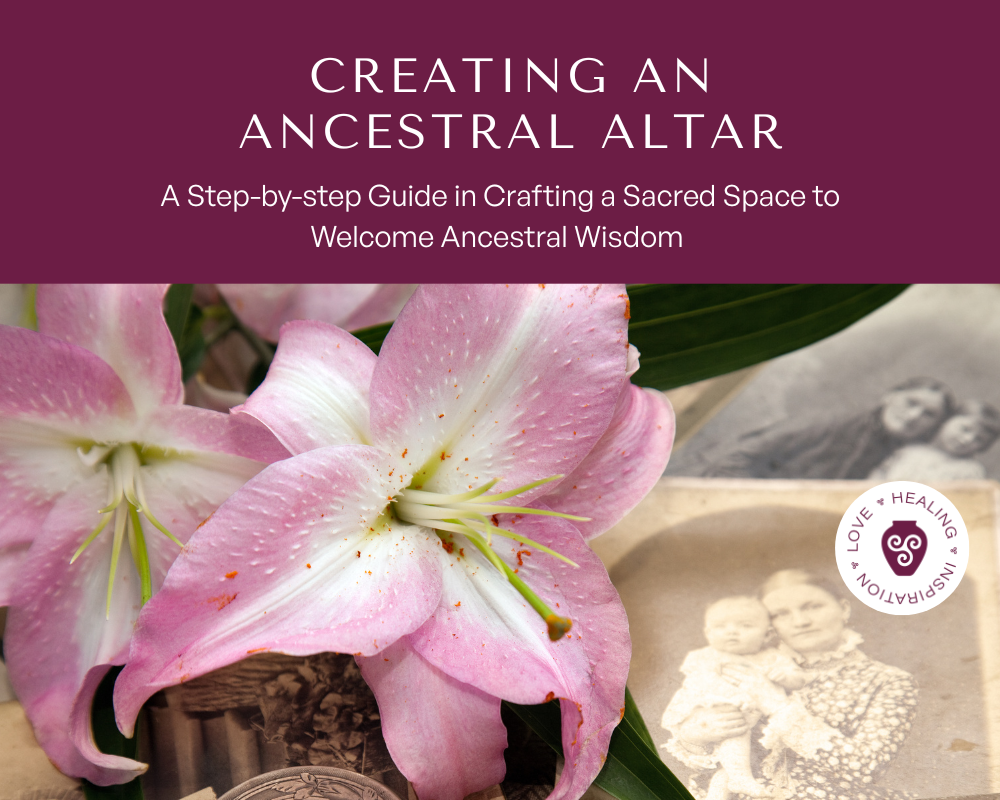Back to Articles
December 21, 2022
Boundaries for a Recovering People-Pleaser

As the collective consciousness expands and mental health stigmas slowly fade, particular topics and subjects to assist us in healing become normalized and even “buzzworthy,” which ultimately creates much-needed awareness as we brave the path of becoming self-aware. Perhaps, you are familiar with boundaries or “defined rules or limits people establish to protect their security and well-being by identifying and expressing how others can behave around them to feel safe.” In doing so, we can navigate the world to feel empowered and in our worth. Boundaries get chalked up to merely speaking up for yourself and communicating your needs. However, it is much more nuanced than this, especially in a society with structural barriers (sexism, racism, classism) and toxic programs that uphold these unjust and unbalanced paradigms. For this and plenty more reasons, many people lack the concept of boundaries, are never taught, and have no clue how to implement them.
“People-pleasers tend to be good at tuning in to what others are feeling. They are also generally empathetic, thoughtful, and caring. These positive qualities may also come with a poor self-image, a need to take control, or a tendency to overachieve. While people might describe you as a giver or generous person, when you’re a people-pleaser, all of this work to keep others happy may leave you feeling drained and stressed.”
-Kendra Cherry
In addition, you may also be familiar with what it means to be a “people-pleaser.” Essentially, a people pleaser is someone who completely lacks boundaries. Due to past experiences, traumas, particular upbringings, unhealthy relationships, or deep-seated programming, people-pleasers tend to neglect their needs for someone else’s, going out of their way, and often when they don’t have the capacity, to fulfill the needs of others. According to Author, Psychosocial Rehabilitation Specialist, and Educator Kendra Cherry, people-pleasing is associated with a personality trait called “sociotropy,” which is feeling overly concerned with pleasing others and seeking external approval and validation to maintain relationships. On top of that, this behavior can connect to other mental health conditions like codependency, anxiety or depression, borderline personality disorder, or avoidant personality disorder. Cherry continues noting: “People-pleasers tend to be good at tuning in to what others are feeling. They are also generally empathetic, thoughtful, and caring. These positive qualities may also come with a poor self-image, a need to take control, or a tendency to overachieve. While people might describe you as a giver or generous person, when you’re a people-pleaser, all of this work to keep others happy may leave you feeling drained and stressed.”
We must ask ourselves, who is really hurting when you don’t set a boundary? How good is the quality of our offerings when we are pouring from a cup half full?
We live in a society that glorifies self-neglect and especially for women. On the surface, going out of your way to help others has been deemed virtuous, but to be sure, kindness is not the same as people-pleasing! Chronic people-pleasing reveals itself in masked behaviors linked to emotional dysfunction and patterns that need to be cared for and healed. When you start feeling anxiety or resentment from being kind, you might instead be enacting people-pleasing. We must ask ourselves, who is really hurting when you don’t set a boundary? How good is the quality of our offerings when we are pouring from a cup half full?
If you can relate to the narrative of a people-pleaser and are actively working towards rewriting your storyline, you may resonate more with being a “recovering people-pleaser.” As a recovering people pleaser myself, I’d define this as someone who is deeply conscious of their shadowy behaviors, including their roots and unique triggers and has taken steps to live outside of conditionings that prevent them from being aligned with their authentic self. Now, that’s not to say that these patterns stop resurfacing indefinitely. Rather instead, when opportunities to fall into old habits show up and the wounds of wanting to feel important, needed, and reliable open, we have a newfound awareness to respond differently. We won’t be perfect at it, and sometimes we may backtrack, but each and every time recovering people-pleasers puts their own needs first is a profound step towards becoming your authentic self.
We build self-trust and confidence each time we keep a promise to ourselves- This includes sticking up for ourselves in situations that require us to be our greatest advocate.
Boundaries for a recovering people pleaser aren’t much different for someone who hasn’t “recovered.” In general, emotionally mature adults cultivate their own values, are aware of their needs, and responsibly communicate their boundaries. Of course, this doesn’t happen overnight and takes practice, but getting clear on those sentiments is beneficial. It’s rather difficult to communicate your needs and limits when you aren’t aware of them. Taking quality time to self-reflect and write those down can go a long way. Also, learning from our experiences and using them to practice communicating our boundaries in the future is the ultimate way to make improvements. We build self-trust and confidence each time we keep a promise to ourselves- This includes sticking up for ourselves in situations that require us to be our greatest advocate. No one is going to come to save you or heal you. We have the innate power and wisdom to rise above and make these changes if we so choose.
Recovering people pleasers, trust that you know what is best for you! Speak your boundaries with conviction, because you know you’re worth it.
As you journey deep in your recovery process, it is valuable to keep a few things in mind: You don’t need a reason to say no, you don’t ever have to over-explain yourself, other people’s reaction to your boundaries is not your responsibility, disappointing people is a normal part of life, emotionally healthy people respect and honor your needs and limits, and self-negligence is disrespectful to yourself and not a noble act.
Thus, we can trust in our ability to communicate challenging things with grounded grace. We can speak up and clearly say we are working on putting ourselves first, need time and space to process complicated and heavy emotions, don’t appreciate being spoken to in a particular way and will leave the conversation if it continues, prefer not to be given unwarranted advice or feedback, or that you’re not comfortable with doing certain tasks and have other priorities. Recovering people pleasers, trust that you know what is best for you! Speak your boundaries with conviction, because you know you’re worth it.
Healing is a nonlinear journey that requires bottomless patience, bravery, and empathy. Recovering from our hurts and pains is worthy of our dedication and commitment and something to be extremely proud of yourself for doing. Hurt people hurt people, and healed people can change worlds. It is our responsibility to rise to the challenge and become emotionally, physically, and spiritually healthy versions of ourselves, which will have a ripple effect to create loving communities of emotionally stable and healed individuals.
OTHER ARTICLES



NEWSLETTER
Join to receive featured articles, new content alerts, upcoming events, workshops, retreats, and more!